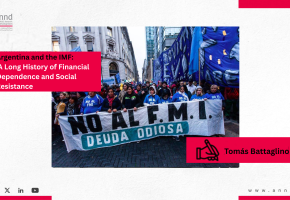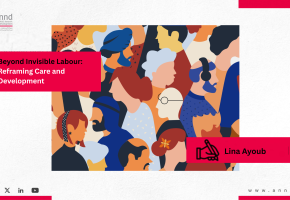
Tunisia and IMF: transitional injustice.
Introduction
Since its independence in 1958, Tunisia witnessed two transitional periods. The first was in 1986-1987, when the country transitioned from the regime of Bourguiba to the regime of Ben Ali and the second in 2010-2011 when it transitioned towards the establishment of a democratic regime. These two transition periods witnessed two similar agreements with the IMF, the use of a stand-by arrangement and then an extended credit facility (1986/1988 and 2013/2016).
Despite a significant change in the narrative of the IMF’s reports following the Tunisian Revolution in 2011, the policy-related conditions imposed in return for the disbursement of the loan tranches are in line with those set out in IMF structural adjustment plan of 1986. History has been repeating itself since 2012 and the IMF and the World Bank are coordinating and working together to continue the deregulation and liberalization of the Tunisian economy, under way since 1986. Liberalization without improving the country’s production capacity entail the risk of increasing unemployment, further deteriorating the balance of payments and the trade balance, already largely in deficit, thus increasing indebtedness.
Click here to download the full report
This report is part of ANND policy briefs on IMF country reports 2017
Recent publications

